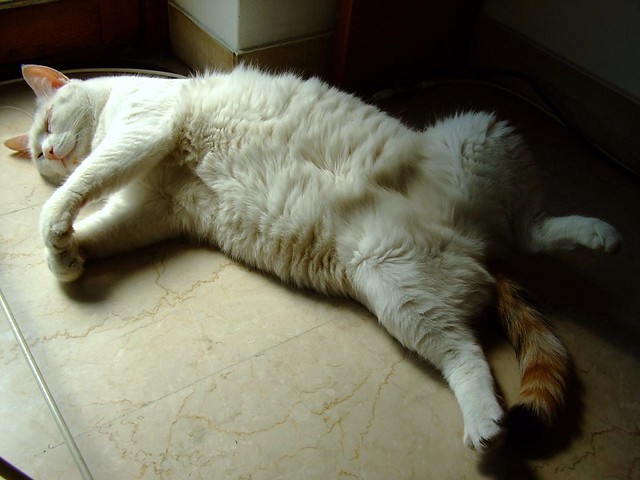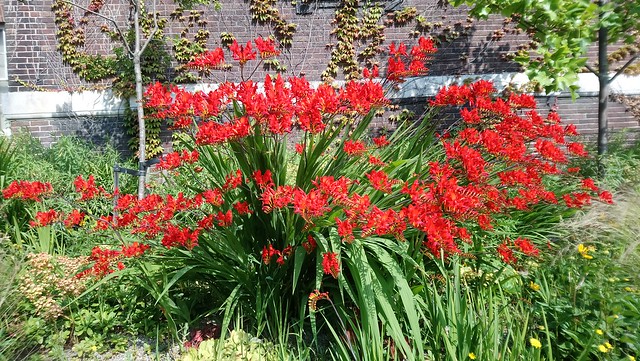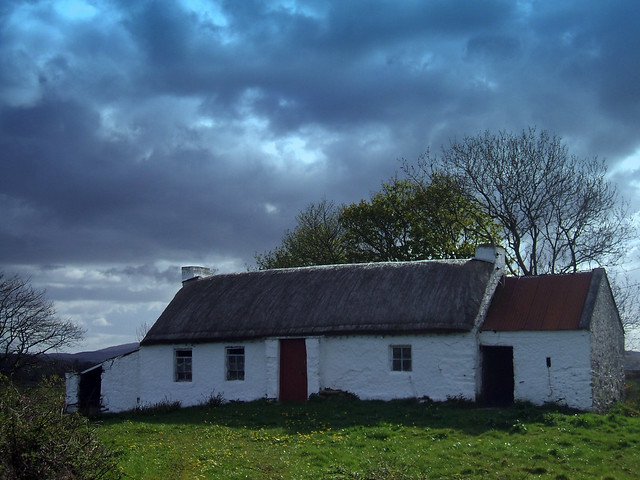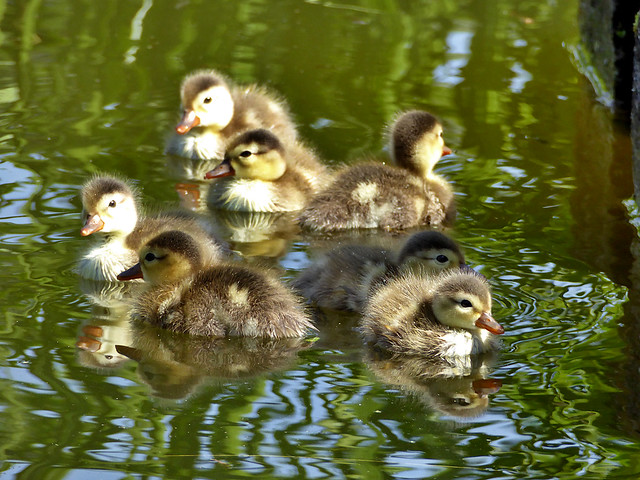Words for sack, bag, stomach in Celtic languages.
| Proto-Celtic | *bolgos = sack, bag, stomach |
|---|---|
| Gaulish | *bolgā = sack, bag, stomach |
| Old Irish (Goídelc) | bolc = belly, stomach; bag, satchel; bellows |
| Irish (Gaeilge) | bolg [ˈbˠɔlˠəɡ] = belly, stomach, abdomen; bag; bulge, broad part, middle; bellows bolgach = big-bellied, bulging bolgadán = corpulent person or animal bolgán = bubble, bulb, air-bladder (of fish), puff-ball, windbag (of person) bolgchaint = ventriloquism |
| Scottish Gaelic (Gàidhlig) | bolg [bɔl̪ˠɔg] = blister, bulge, (light) bulb bolgach = abounding in bags/blisters, bellied, bulging, jutting, knobby bolgadh = billowing, puffing up/out, ballooning, swelling bolgan = (plant) bulb, lightbulb |
| Manx (Gaelg) | bolg [bolɡ] = stomach, abdomen, belly, tummy, corporation, bilge, bowl (of lamp) bolgagh = abdominal, bellied, billowy, blisterm bulging, puffy bolgan = bladder, blister, sac, vesicle, bubble |
| Proto-Brythonic | *bolɣ = sack, bag, stomach |
| Old Welsh | bolg = belly, stomach |
| Middle Welsh (Kymraec) | bol, boly = belly, stomach |
| Welsh (Cymraeg) | bol [bɔl] = belly, paunch, abdomen, stomach, bowels; tripe; appetite, desire, gluttony, liking; womb; swelling, bulge, surface, side bolio = to gorge, belly, swell, bulge, swagger boliog = (big-)bellied, corpulent, swollen, bulging, pregnant |
| Cornish (Kernewek) | bolgh [bɔlx] = breach, gap, opening bolghen = boll, capsule |
| Middle Breton | bolc’h = flax pod |
| Breton (Brezhoneg) | bolc’h = flax pod |
Etymology
From Proto-Indo-European *bʰólǵʰ-os (skin bag, bolster), from *bʰelǵʰ- (to swell) [source].
English words from the same PIE root include bellows, belly, and bolster, via Old English and Proto-Germanic, billow via Old Norse and Proto-Germanic, foolish and folly via Old French and Latin [source], and bulge, budge and budget via Old French, Latin and Gaulish [source].
Words marked with a * are reconstructions.
Sources: Wiktionary, Am Faclair Beag, Online Manx Dictionary, Teanglann.ie, Geiriadur Prifysgol Cymru, Gerlyver Kernewek, Dictionnaire Favereau












